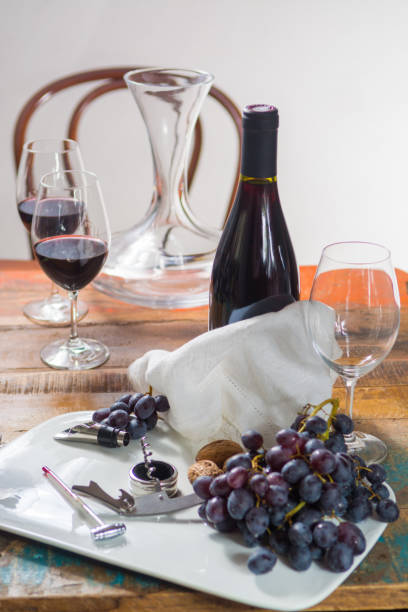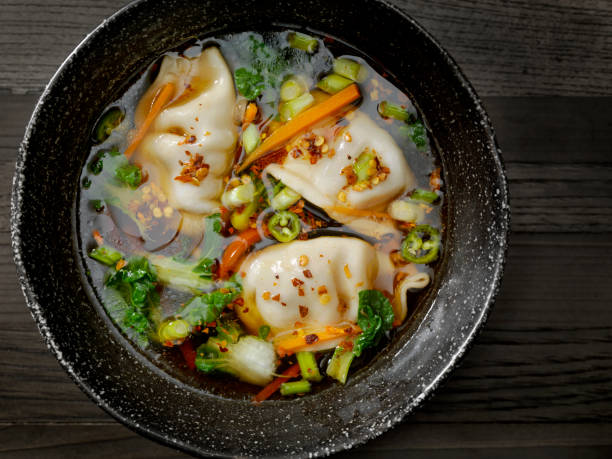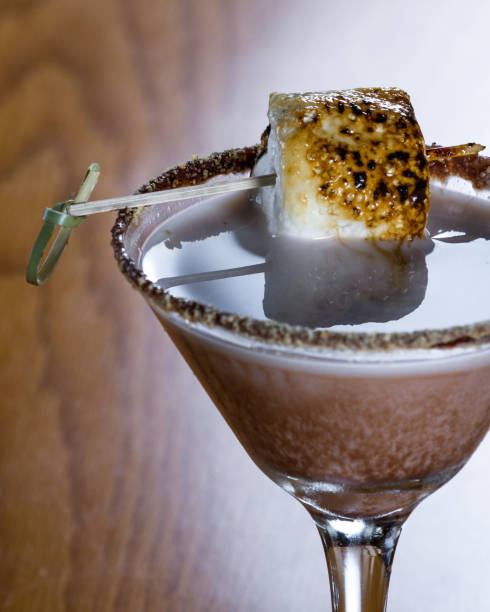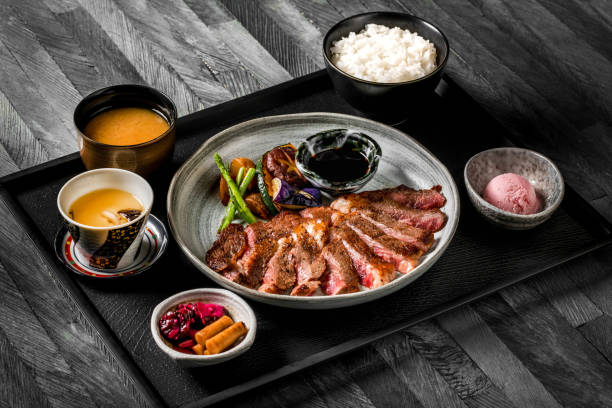Our wine columnist scoured the globe to find the best kosher wines. These are her top five choices.
I ASK Victor Schoenfeld. This column is not necessary. In an email, the Golan Heights Winery’s head winemaker stated that writing a pre-Passover article about kosher wines was an anomaly.
Schoenfeld argued that kosher wines could be enjoyed all year. With Passover quickly approaching, and I just finished tasting 20 kosher wines, I think now is a great time to share what I learned about the kosher wine options available with readers, especially those planning a Seder.
This column was updated over ten years ago. This month I tasted kosher wines from all over the globe and found many of the ones I enjoyed before still impress me today. Some of the wines that I tried would be worthy choices no matter what time of year, according to Mr. Schoenfeld. Bad news: I tasted almost as many disappointing wines this time as last year.
A rabbi was present to help me open the bottles at my previous tasting of Kosher Wines. This time, however, that was not the case. I’m not Jewish, so it was important to note that some kosher wines may be de-kosherized if they are opened by someone other than an observant Jew. Non-observant Jews can handle kosher wines that are “mevushal.” Mevushal is literally “boiled” or “cooked,” but modern mevushal wine producers use a less aggressive flash-pasteurization process. In Israel, kosher wine production is subject to long-standing customs. Wineries usually release 1% each year to honor the priests’ tithes. Wineries in Israel that make kosher wines permit their vineyards to be left unharvested for some time. This is called Shmita Year. Israel’s most recent Shmita year was 2022.
Jay Buchsbaum (executive vice president of marketing, sales, and marketing) says that Royal Wine Corp., a New Jersey-based company, is synonymous with kosher wines. It accounts for 75-85% of U.S. kosher wine sales. The company imports and distributes Kosher wines, including, I was curious to learn, kosher Bordeaux. It also produces kosher wine in New York and California. The Royal portfolio currently contains 45 Bordeaux wines, almost twice the number of those five years ago.
This wine is one I would purchase again, kosher or otherwise.
Menahem Israelevitch is the managing director of Royal Wine Europe. This subsidiary is based in Paris and oversees the production of kosher wines. From the properties Mr. Israelievitch manages, there are mevushal and non-mevushal bottlings. Although some believe flash-pasteurization can hurt wine, Mr. Israelievitch stated that blind tastings of his wines showed no difference.
Two Israeli wines stood out of the 10 I tried; they were both non-mevushal. The Recanati Reserve Wild Carignan ($50) was rich and incredibly aromatic. It reminded me of wild strawberries and spices. This wine is just as stunning today as it was in 2010. This wine is made from Carignan vines over 30 years old and is not wired. It is kosher.
The bright, juicy 2021 Yarden Sauvignon Blanc ($19) was made by Mr. Schoenfeld of the Golan Heights Winery using grapes from cool-climate Golan Heights Vineyards. This was the first Golan Heights wine I tried many decades ago. It is refreshing and zippy, similar to a grassy New Zealand Sauvignon Blanc. This wine remains an absolute pleasure to drink.
Under the Covenant Winery label, Jeff Morgan produced another favorite Sauvignon Blanc. Since 2013, Mr. Morgan has also produced Israeli wines. The refreshingly crisp and citrusy 2022 Covenant Red C Sauvignon Blanc ($24) was made with fruit from Lake County, Calif., produced at Covenant’s Berkeley vineyard under rabbinical supervision. A few red Bordeaux were also among the noteworthy discoveries. The 2019 Chateau Lamothe–Cissac Haut–Medoc ($37), a blend of Merlot, Cabernet, and Petit Verdot wine, was savory. It had supple, well-integrated tannins. The 2020 Chateau De Parsac MontagneSaint-Emilion ($26), a Merlot-dominant kosher wine mevushal bottling, was characterized by red fruits, spice, and a little tobacco note.
The 2021 Cellar de Capcanes Peraj Petita ($17) is my favorite Spanish find. It combines Garnacha (Grenache), Merlot, and Syrah. It has ripe red fruits and soft tannins. This red wine was made in Spain’s Montsant, DO. It is a product of a 90-year-old cooperative that started producing kosher wine back in 1995. Jurgen Wagner, winemaker and director for exports said that the cooperative was established in response to a request by the Jewish community of Barcelona to make kosher wines. It also has separate facilities and proper oversight to produce mevushal and non-mevushal wine.
This attractive example made me hopeful for other kosher Spanish reds. However, they proved to be far less enjoyable and almost impossible to drink. The Vera Wang Party Prosecco, one of many products to which the fashion designer applied her brand, was pleasantly fizzy and straightforward. This $22 prosecco is too expensive for even a striking matte-silver container.




